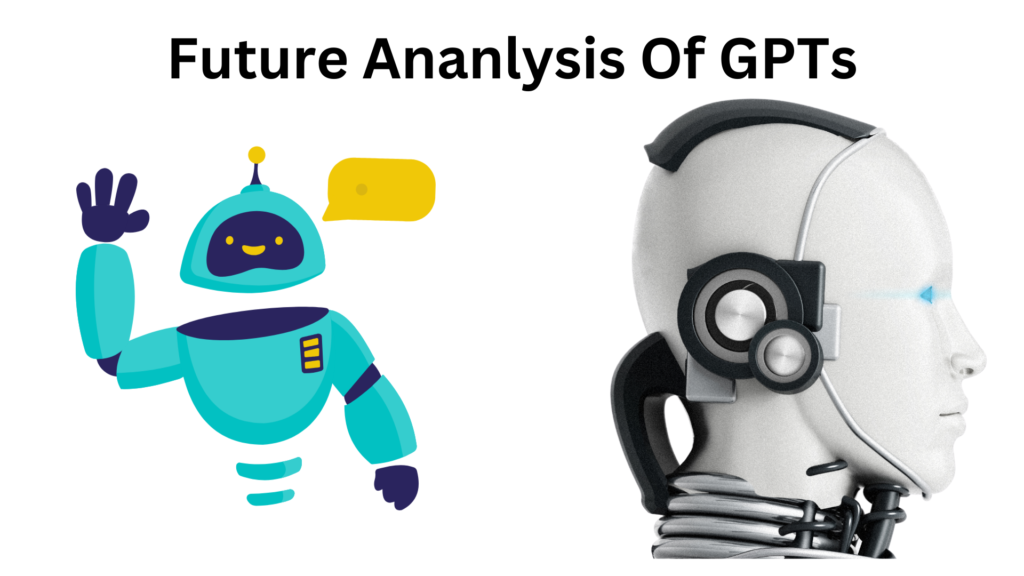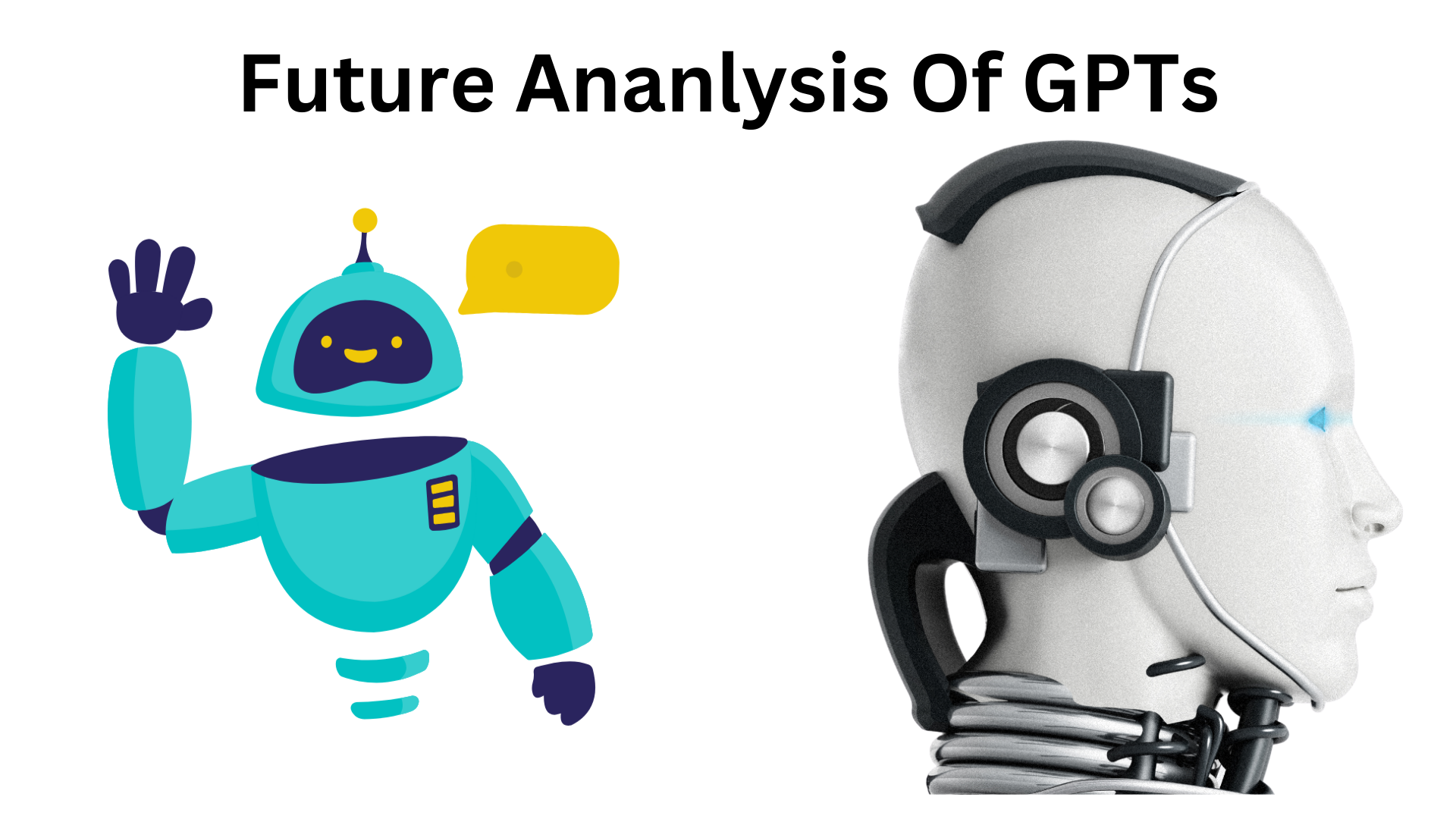
Introduction
Generative Pre-trained Transformers (GPT) have revolutionized the field of artificial intelligence, particularly in natural language processing (NLP). Developed by OpenAI, GPT models are designed to understand and generate human-like text, offering a myriad of applications across various domains. As we look to the future, the potential advancements and impacts of GPT technology are vast and multifaceted. This analysis explores the future of GPT, examining potential technological developments, ethical considerations, societal impacts, and emerging applications.
Technological Developments
Increased Model Complexity and Capability
The future of GPT will likely see the development of even more complex and capable models. Each new iteration, from GPT-1 to GPT-4, has demonstrated significant improvements in language understanding, coherence, and generation capabilities. Future versions are expected to further enhance these abilities, potentially achieving near-human levels of comprehension and creativity. These advancements will be driven by:
- Larger Datasets: Training on increasingly large and diverse datasets to improve context understanding and reduce biases.
- Improved Algorithms: Developing more efficient algorithms to optimize training processes and model performance.
- Enhanced Computing Power: Leveraging advancements in hardware, such as quantum computing, to accelerate model training and deployment.
Integration with Multimodal AI
Another significant development will be the integration of GPT models with multimodal AI systems. These systems can process and generate not only text but also images, audio, and video, leading to more holistic AI interactions. This integration will enhance the model’s ability to understand and generate content across various formats, enabling applications such as:
- Enhanced Virtual Assistants: Providing more comprehensive and contextually aware assistance across different media.
- Creative Content Generation: Producing sophisticated multimedia content for entertainment, marketing, and educational purposes.
Real-Time and Interactive Capabilities
Future GPT models will likely offer real-time and interactive capabilities, making AI interactions more seamless and dynamic. Improvements in latency and responsiveness will enable:
- Live Conversational Agents: AI that can engage in real-time, coherent conversations with users.
- Interactive Storytelling: Creating immersive and personalized narratives that adapt to user inputs in real-time.
Ethical Considerations
Addressing Bias and Fairness
As GPT models become more advanced, addressing biases and ensuring fairness will be critical. Future developments will need to focus on:
- Bias Mitigation Techniques: Implementing strategies to detect and reduce biases in training data and model outputs.
- Fairness Metrics: Developing standardized metrics to evaluate and ensure fairness across different demographic groups.
Ensuring Accountability and Transparency
The increasing complexity and capability of GPT models raise concerns about accountability and transparency. Ensuring that these models are used responsibly will involve:
- Explainable AI: Developing methods to make AI decisions and processes more understandable to users and regulators.
- Ethical Guidelines: Establishing comprehensive ethical guidelines and regulatory frameworks to govern the development and deployment of GPT technologies.
Data Privacy and Security
With the growing use of GPT models, safeguarding data privacy and security will be paramount. Future efforts will focus on:
- Secure Data Handling: Implementing robust data protection measures during the training and deployment of models.
- User Consent: Ensuring that users are informed and consent to the use of their data in AI applications.
Societal Impacts
Transformation of the Workforce
GPT technology will significantly impact the workforce, automating tasks that were previously performed by humans. This transformation will present both opportunities and challenges:
- Job Displacement: Certain roles, particularly those involving routine text processing and generation, may become obsolete.
- New Job Opportunities: The demand for AI-related skills and roles, such as AI ethics specialists and data scientists, will increase.
- Reskilling and Education: Emphasizing reskilling and continuous education will be crucial to help the workforce adapt to these changes.
Enhancements in Education and Learning
The future of GPT in education is promising, offering personalized and adaptive learning experiences. Potential applications include:
- Intelligent Tutoring Systems: Providing customized learning support and feedback to students based on their individual needs.
- Content Generation: Assisting educators in creating diverse and engaging educational materials.
Impact on Creativity and Content Creation
GPT models will continue to influence creativity and content creation across various fields. Future developments may enable:
- Collaborative Creativity: AI and humans working together to co-create art, literature, and music, pushing the boundaries of creative expression.
- Automated Journalism: Generating news articles and reports with high accuracy and speed, transforming the media landscape.
Emerging Applications
Healthcare
In healthcare, GPT technology can enhance patient care and administrative efficiency. Future applications may include:
- Medical Documentation: Automating the generation of accurate and comprehensive medical records.
- Patient Interaction: Providing intelligent, conversational support to patients, assisting with scheduling, and answering medical queries.
Legal and Compliance
GPT models can streamline legal and compliance processes, offering:
- Contract Analysis: Automatically reviewing and summarizing legal documents to identify key points and potential issues.
- Regulatory Compliance: Assisting organizations in maintaining compliance with complex regulatory requirements.
Customer Service
The future of customer service will be significantly shaped by GPT technology, enabling:
- Advanced Chatbots: Offering more sophisticated and context-aware customer interactions.
- Personalized Support: Providing tailored responses and solutions based on individual customer profiles and histories.
Conclusion
The future of GPT is poised to bring transformative changes across various sectors, driven by technological advancements, ethical considerations, and societal impacts. As these models become more sophisticated, they will offer unprecedented capabilities in language understanding and generation, paving the way for innovative applications and enhanced human-AI interactions. However, addressing the ethical and societal challenges associated with these developments will be crucial to ensure that the benefits of GPT technology are realized responsibly and equitably. The ongoing evolution of GPT promises a future where AI seamlessly integrates into our daily lives, augmenting human capabilities and opening new horizons of possibility.

